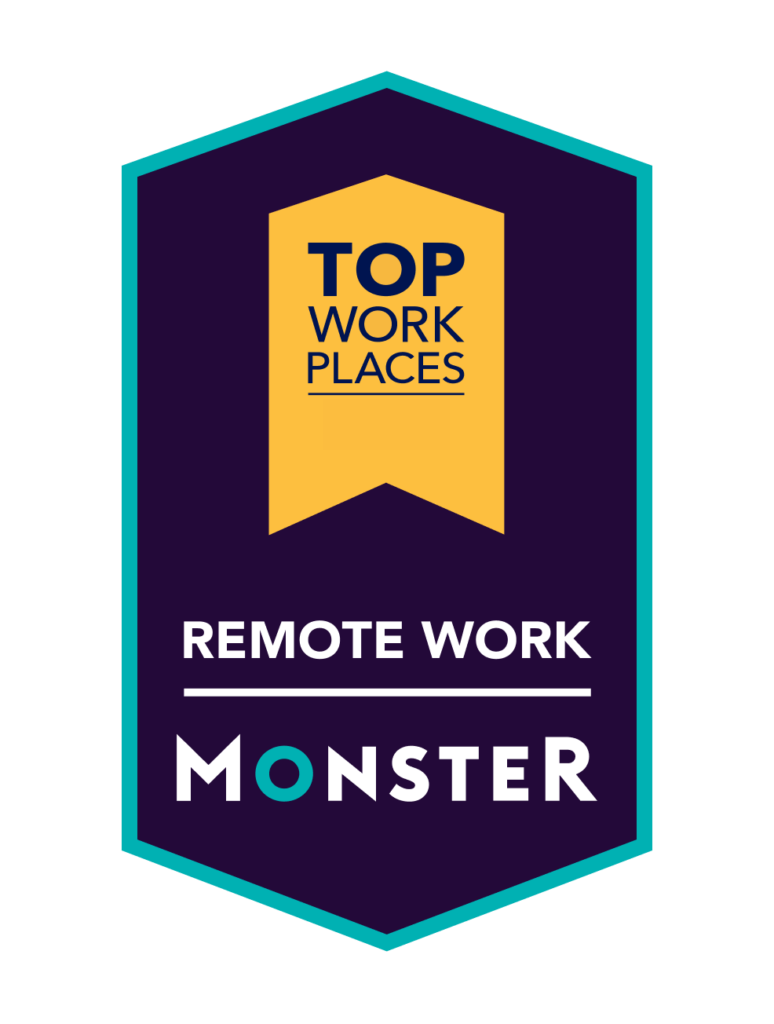All eyes are on Florida as a second major hurricane made landfall in as many weeks – accelerating disaster preparedness conversations among hospital leaders.
It’s part of the work.
From healthcare leaders and their teams of highly specialized surgeons to primary care physicians, nurses, techs, and environmental services staff, every part of an organization is touched when disaster strikes. Providing world-class care in tough situations and non-ideal conditions is just another part of preparedness, and as many leaders across the country keep a close eye on the response and aftermath, the most forward-thinking leaders are considering ways they will maintain access to specialty care when the next storm comes.
As the nation’s largest acute specialty telemedicine provider operating in all 50 states, Access TeleCare has helped hospitals of all sizes prepare for and provide care through hurricanes, tornados, and other severe weather events that can threaten timely care or create significant spikes in care demand.
How Access TeleCare Helps Hospitals Strengthen Disaster Preparedness and Response
Through active monitoring, clear and decisive communication, and the flexibility of telemedicine, Access TeleCare enhances the work health systems prioritize in advance of a storm so providers can deliver timely care during and after major weather events. When emergency preparedness planning and investment considers everything from hardening facilities to establishing power redundancy, Access TeleCare works with health systems of all types and sizes to help determine when and where specific specialty services might be needed most when local staff are affected.
Access TeleCare’s Consult Coordination Center proactively monitors major weather events that pose potential disruptions to care for our hospital partners. As bad weather approaches, the center coordinates with key departments including scheduling, practice management, IT, and executive leadership to formulate response plans and mobilize resources to prepare for the worst.
Physician scheduling is always an area of focus during disasters. By actively monitoring and identifying physicians in impacted areas, the center produces schedules with “worst case” scenarios (where no physician is available in impacted areas) and creates consult and shift incentives for providers outside of the impact zones to apply as needed. Access TeleCare proactively arranges “standby” telemedicine availability to ensure coverage when on-site physicians must evacuate or are unable to get to the hospital because of flooding or damage to infrastructure. Client and physician communications are also developed to outline disaster plans and prepare onsite staff to implement additional communications that may be required during or after a storm.
After the weather passes, the center transitions to post-recovery tracking to confirm physicians are back up and running at their home or offices. Patient volume data from before, during, and after the storm is then analyzed and integrated in the center’s processes. All storm and data tracking and preparedness protocols are continuously analyzed and updated for improvements to help us prepare for inclement weather events in the future.
Access TeleCare’s Disaster Response Plans in Action
Delivering Care After the Storm
For hospitals like Oceans Behavioral Lake Charles in Louisiana, managing the aftermath and long-term effects of severe weather is a constant challenge. Multiple hurricanes have battered the region in recent years, and many outpatient offices are still repairing the damage. Several providers have left the region entirely, due to the consistent threat of severe weather.
This shortage resulted in patients waiting up to six months for appointments before the hospital implemented telemedicine with Access TeleCare to boost capacity and dramatically increase care access for its community.
“We’re able to tap into all of the resources Access TeleCare has to access additional providers and cut wait times for our patients down to seven to ten days instead of months,” said Misty Kelly, Oceans Behavioral Lake Charles administrator.
See how Access TeleCare helps the hospital maintain capacity and disaster preparedness.
Care Continuity Through the Storm
When a severe summer storm left a rural Texas hospital without electricity for five days and its patients had to be transferred, Access TeleCare’s telemedicine programs ensured they received uninterrupted care.
Both the receiving and transferring hospitals operate multiple Access TeleCare programs, and patients seamlessly continued their care with their original care teams thanks to the continuity provided by the telemedicine technology and specialists. See how the flexibility of telemedicine enables greater continuity of care for your patients when it matters most.
Contact us to learn more and see how your hospital’s disaster preparedness strategy can benefit from telemedicine.








